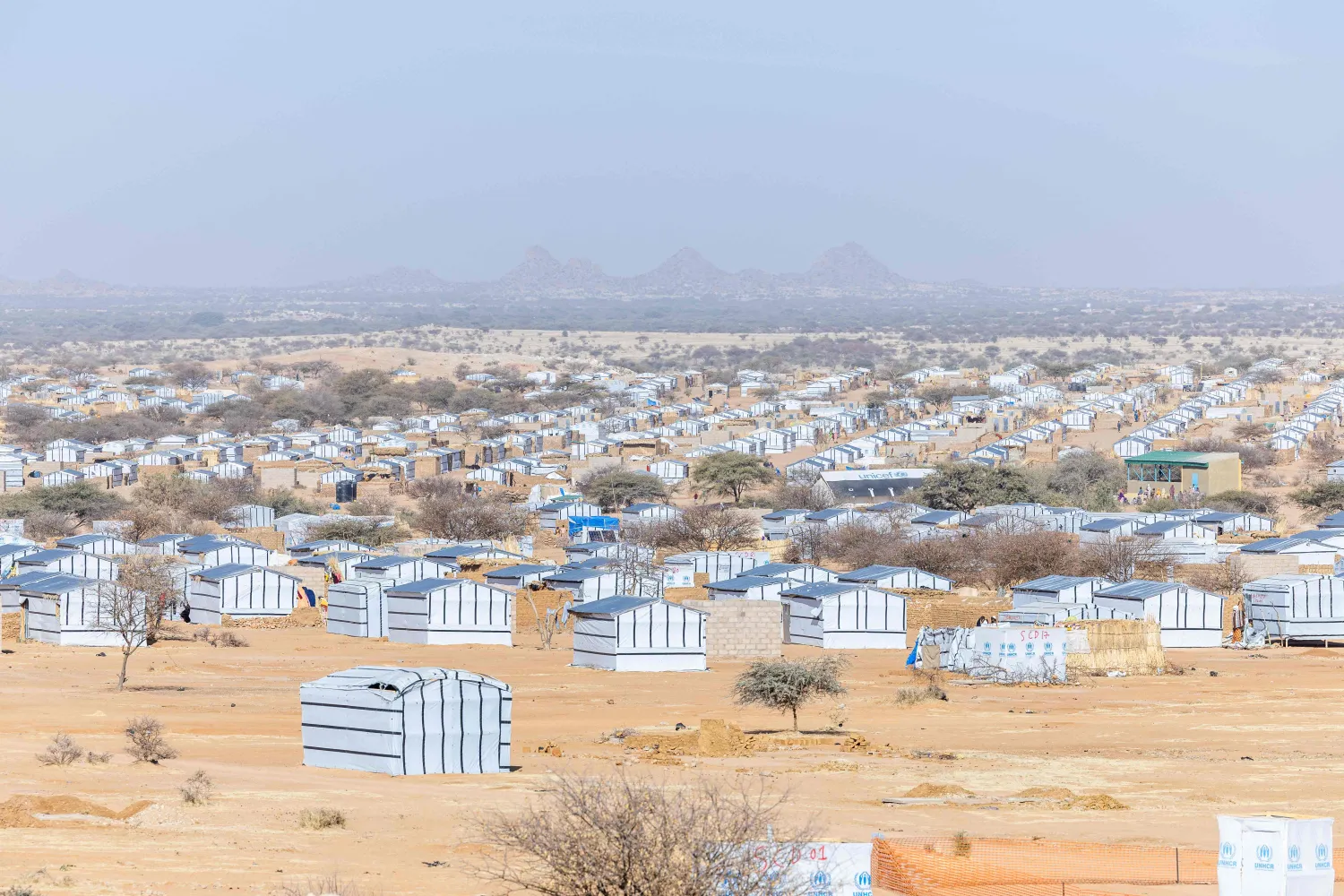Muslim leaders in North and South America have agreed to establish an independent body that would bring together different sects to implement the Makkah Charter, a turning point in contemporary Islamic thought.
Mohammed Al-Issa, secretary-general of the Muslim World League (MWL) and chairman of the Association of Muslim Scholars, launched the first forum of Muslim leaders in the Americas, during an event in Washington, which was also attended by prominent supporting partners, including members and advisors in the US Congress, and an elite of non-Muslim religious, community and governmental leaders.
Workshops during the forum focused on a number of important topics, including the means to benefit from the Makkah Charter in the Americas, as a comprehensive document that seeks to strengthen brotherly ties and address youth and women’s issues. Participants pledged to work on building the capacities of religious leaders and promote religious diplomacy.
They also agreed to establish the international forum for the Makkah Charter, which would be entrusted with coordinating common goals and topics, promoting the values of brotherhood and coexistence and building bridges of understanding between followers of different religions and cultures in the Americas.
In this regard, Al-Issa noted that the Makkah Charter, which was signed by more than 1,200 muftis and scholars and more than 4,500 Islamic thinkers from 139 countries, emphasized the importance of soft power and called on Muslim scholars around the world to stand up to their own fatwas, as each country has its own circumstances and environments that are observed by Islamic Sharia.
The Makkah Declaration - known as the Charter of Makkah - was signed in May 2019 in Saudi Arabia. The document was presented by Custodian of the Two Holy Mosques King Salman bin Abdulaziz, with the aim to create a pan-Islamic set of principles that supported anti-extremism, religious and cultural diversity, and legislation against hate and violence.









